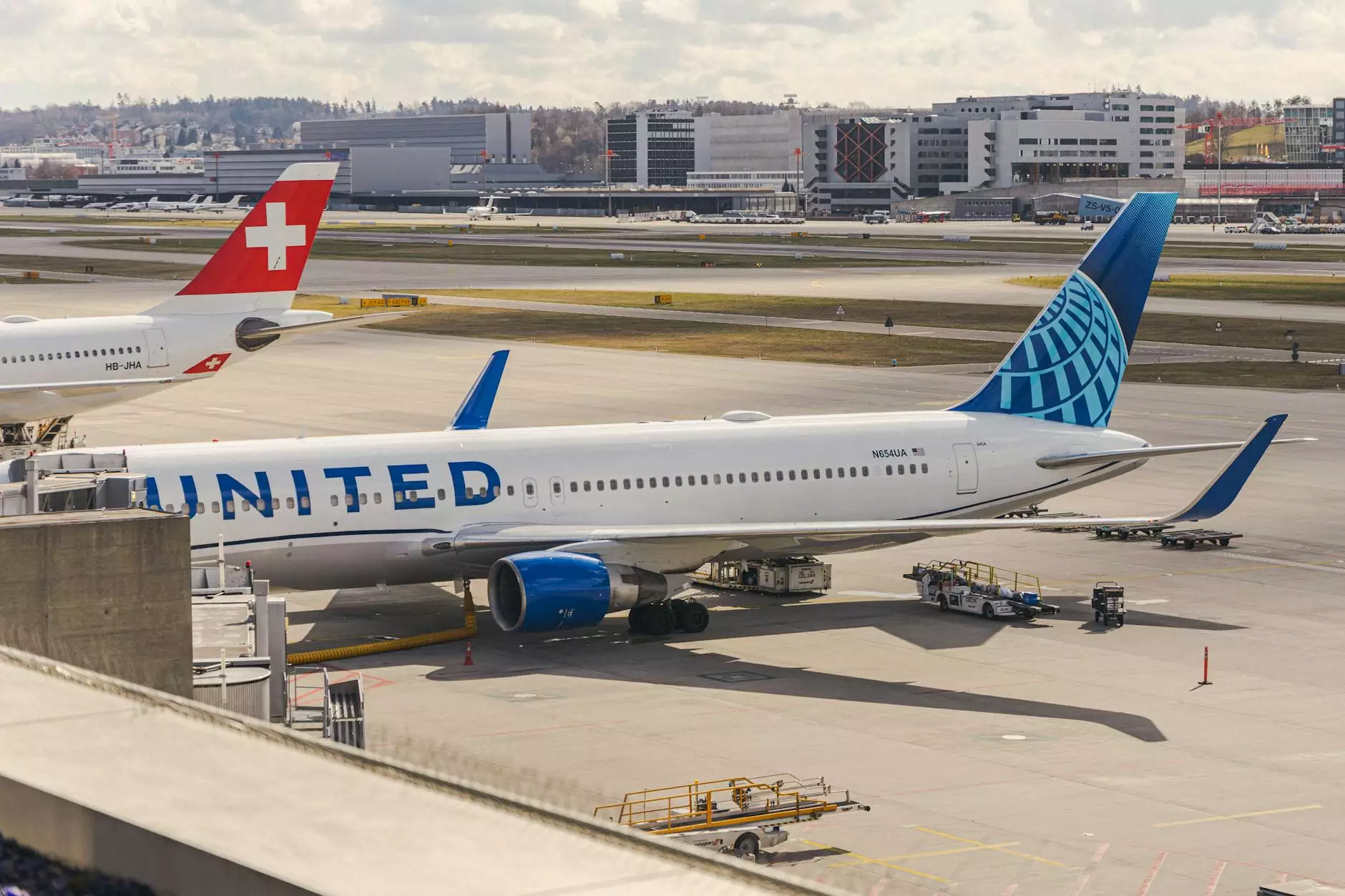The Nuss Procedure Cost - Understanding the Financial Aspects of Pectus Excavatum Surgery

What is the Nuss Procedure?
The Nuss procedure is an innovative surgical technique designed to correct pectus excavatum, a congenital deformity of the chest wall where the sternum and rib cage grow abnormally, resulting in a sunken chest appearance. This minimally invasive procedure aims to reposition the sternum to a more normal position, improving both functionality and aesthetics.
Why Consider the Nuss Procedure?
Individuals with pectus excavatum often experience a range of physical and emotional challenges, including:
- Reduced lung capacity, leading to difficulties in physical exercise
- Cardiac issues due to pressure on the heart
- Social anxiety related to body image
For many, the Nuss procedure not only enhances their physical health but also contributes to a greater sense of confidence and well-being.
Factors Influencing the Nuss Procedure Cost
Understanding the cost of the Nuss procedure requires considering several factors that may vary significantly from one patient to another. Here are key elements that can influence the total cost:
- Geographical Location: The cost of the procedure can greatly vary depending on where you receive treatment. Urban hospitals often charge more than those in rural areas.
- Institution Reputation: Facilities known for their expertise in pectus surgeries may charge higher fees due to their specialized services.
- Surgeon’s Experience: Highly experienced surgeons may command higher fees, reflecting their skill and success rates.
- Type of Facilities: Whether you choose a private clinic, medical spa, or a large hospital can influence prices significantly.
- Pre- and Post-Operative Care: Additional costs can arise from consultations, imaging tests (such as X-rays or MRIs), and follow-up visits.
- Anesthesia Costs: The type of anesthesia used and the duration of surgery can also impact the overall cost.
- Insurance Coverage: Many insurance plans may cover some expenses related to the Nuss procedure; however, coverage varies by provider.
Average Cost of the Nuss Procedure
Generally, the Nuss procedure cost can range from $30,000 to $100,000. This range includes:
- Surgical fees
- Anesthesia fees
- Hospital charges
- Costs for surgical materials, such as the pectus bar
- Preoperative and postoperative care
It is crucial for prospective patients to thoroughly discuss with their healthcare provider to obtain a detailed estimate and a comprehensive understanding of what to expect financially.
Insurance and Financial Assistance
Many patients wonder whether their health insurance will cover the Nuss procedure. Here are some insights:
- Most insurance companies categorize the Nuss procedure as a medically necessary surgery, especially when significant symptoms are presented.
- Patients are advised to gather comprehensive documentation from their physician, which includes medical history, diagnostic imaging, and evidence of physical impairment.
- It is wise to contact your insurance provider before scheduling the procedure to ensure coverage and to understand your specific plan’s limitations.
In situations where insurance does not cover the costs, financial assistance programs and payment plans may be available through surgical centers or hospitals, making the procedure more accessible.
What to Expect During the Procedure
The Nuss procedure is typically performed under general anesthesia and involves the following steps:
- A small incision is made on either side of the chest to allow the surgeon access to the rib cage.
- A curved metal bar is inserted under the sternum to lift it into a more natural position.
- The bar is secured in place and remains for a period of 2 to 4 years while the chest wall stabilizes.
- Once healed, the bar is removed in a subsequent procedure.
The minimally invasive nature of this technique often results in shorter recovery times compared to more traditional surgery options.
Post-Operative Care and Recovery
Post-operative recovery is a critical phase for ensuring a successful outcome from the Nuss procedure. Here are key points regarding recovery:
- Patients usually stay in the hospital for 2 to 4 days post-surgery.
- Pain management includes medication, as discomfort is common after the procedure.
- Physical activity is limited for several weeks to allow the chest to heal properly.
- Follow-up appointments will be necessary for monitoring recovery and bar position.
The Long-Term Benefits of the Nuss Procedure
While the cost of the Nuss procedure may seem daunting, many individuals find the long-term benefits to far outweigh the expenses. Some of these benefits include:
- Improved Respiratory Function: Correcting the chest wall defect can significantly enhance lung capacity and overall respiratory health.
- Enhanced Physical Appearance: Many patients report a newfound confidence due to the aesthetic enhancement of their chests.
- Reduced Risk of Cardiac Issues: By alleviating pressure on the heart, the procedure can potentially prevent future health complications.
- Quality of Life Improvement: With enhanced physical abilities and confidence, patients often experience a profound positive change in their quality of life.
Final Thoughts on the Nuss Procedure Cost
Ultimately, understanding the Nuss procedure cost involves a comprehensive look at numerous factors including surgical expertise, facility reputation, and individual patient needs. Engaging in thorough research and open discussions with healthcare providers is essential for making an informed decision.
The journey towards rectifying pectus excavatum may be financially challenging; however, the potential health improvements and emotional benefits it brings can vastly outweigh the costs involved. By consulting with medical professionals and insurance representatives, patients can navigate their options and empower themselves to make the best decision for their health and well-being.
For more information on the Nuss procedure and associated costs, visit elclinics.com.








